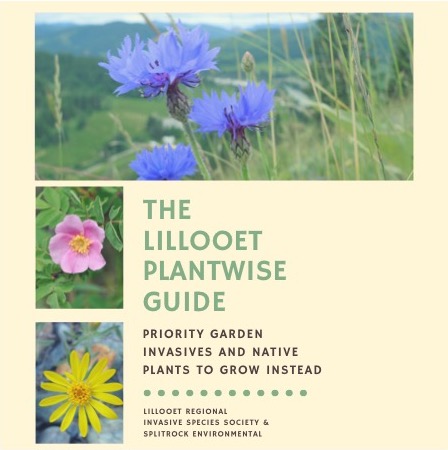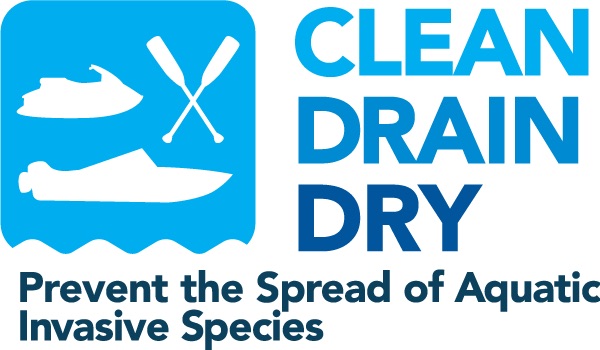LRISS has teamed up with the Bridge River Valley Community Association, Tourism Lillooet and Lillooet Naturalists to create a visitor Code of Conduct. We want to welcome people to our region but we want them to Recreate Responsibly.
Click here for the full BRVCA Code.
Click here for the full Lillooet Code.
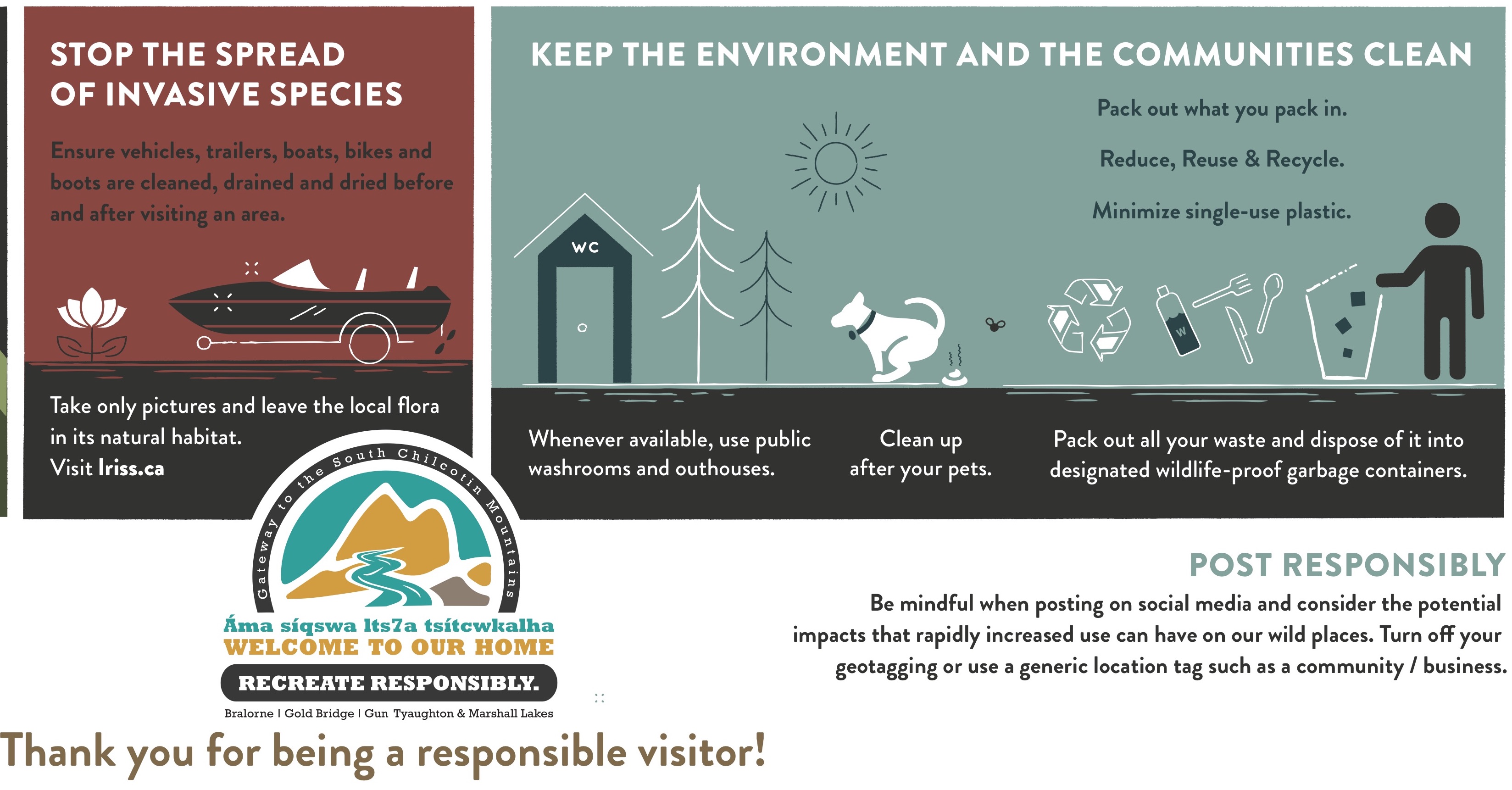
Before you head to the Lillooet Landfill with garden waste, here are some things you should know:
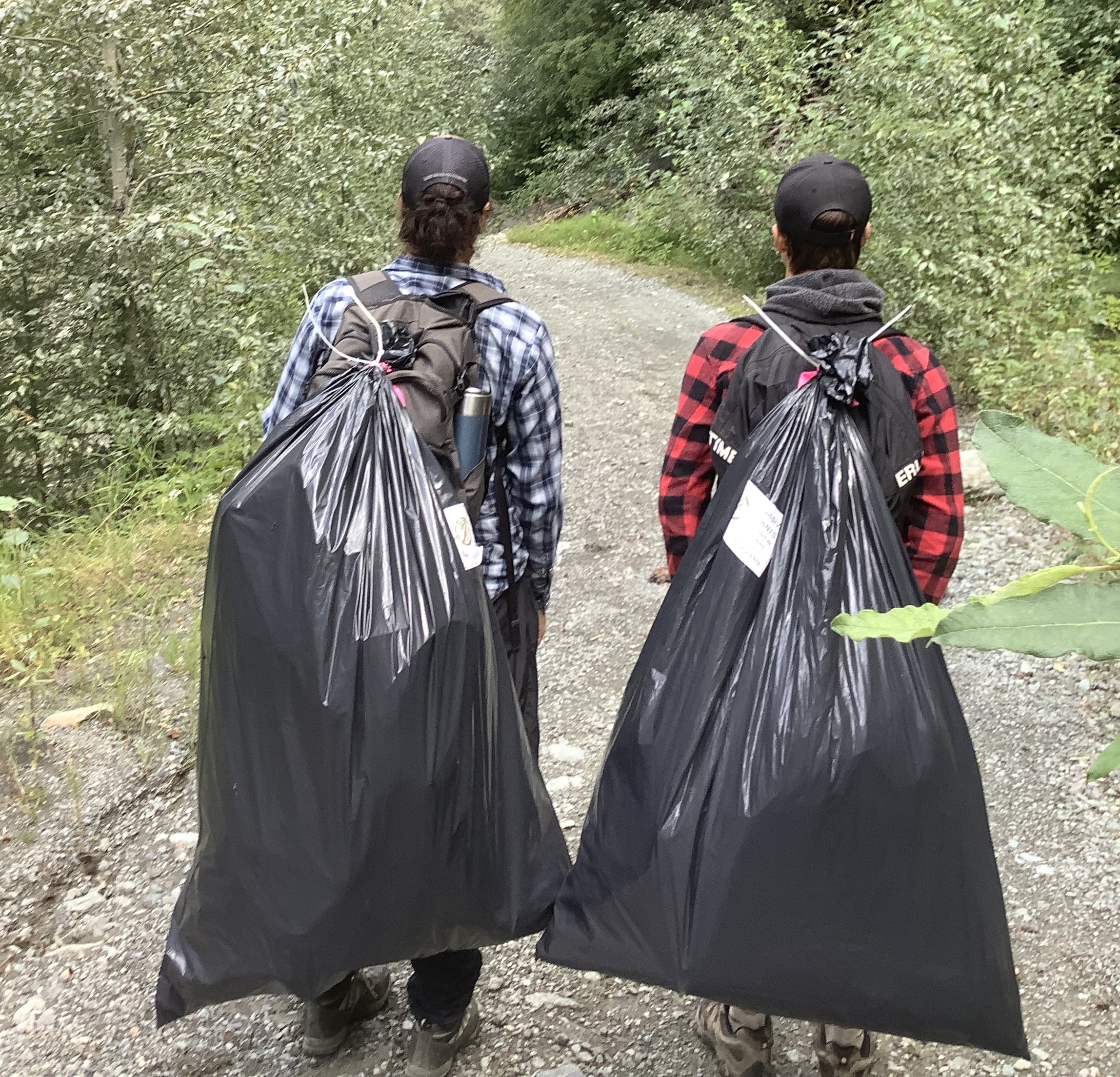
- Learn what plants are invasive by visiting the Invasive Species menu on our website.
- Remove small infestations in your yard and separare invasives from garden waste.
- Bag all invasive plant parts especially seeds.
- Most invasive plant parts, like seeds and rhizomes, can withstand the composting process so they cannot be put in the compost section.
- Take the bagged invasive plants to the Lillooet Landfill and notify the scale attendant.
- If you are a resident and you have bagged your invasive plants, it is FREE to dispose of them at the landfill.
- If you are a commercial operator, there is a fee to dispose of invasives, the attendents will let you know the cost.
Be a Plantwise Gardener:
Help Prevent the Spread of Invasive Plants & Insects
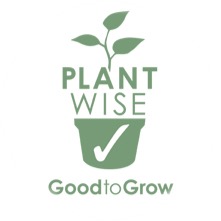
Select & Trade non-invasive plants for your garden. Access our Plantwise digital guide below.
Check the types of plants in wildflower mixes. They often contain invasives.
Remove invasive plants from your garden & property.
Dispose of invasive plants responsibly. Most cannot be composted or burned. Bag them securely.
Caution when moving or purchasing soil or mulch. It may contain invasive seeds or insects.
Ask LRISS for help to identify invasives in your garden & how to remove them.
Report any new invasives plants to LRISS.
Help Prevent the Spread of Invasive Plants & Animals
Be a Responsible Pet Owner: Never let your pet loose into the “wild”
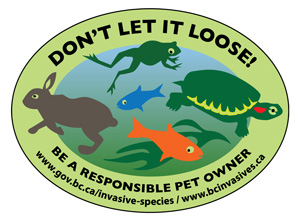
Help Prevent the Spread of Invasive Plants and Animals

Stop Invasive Species in Your Tracks

Stop Invasive Species in Your Tracks

Stop Invasive Species in Your Tracks 
Work Clean Go COME CLEAN. LEAVE CLEAN. 
Help stop the spread of invasive plants and animals at work by using these simple steps:
Prevent Invasive Species by Shopping Responsibly

Be Aware & Declare: Canadian Border Service Agency
All travelers are required by law to declare food, plant & animal products you bring with you into Canada. The CBSA website give examples of what must declared:
- Live animals, animal products, such as cooked or raw meats, hides, skins, trophies, milk, fat butter, cheese, eggs, fish, seafood
- Plant products, such as fruits, vegetables, seeds, nuts, trees, houseplants, wood (and wood products like furniture, carvings, bark), roots vines, herbs, flowers, insects, bulbs, soil
Note all fines and inadmissible goods are listed on the CBSA site. 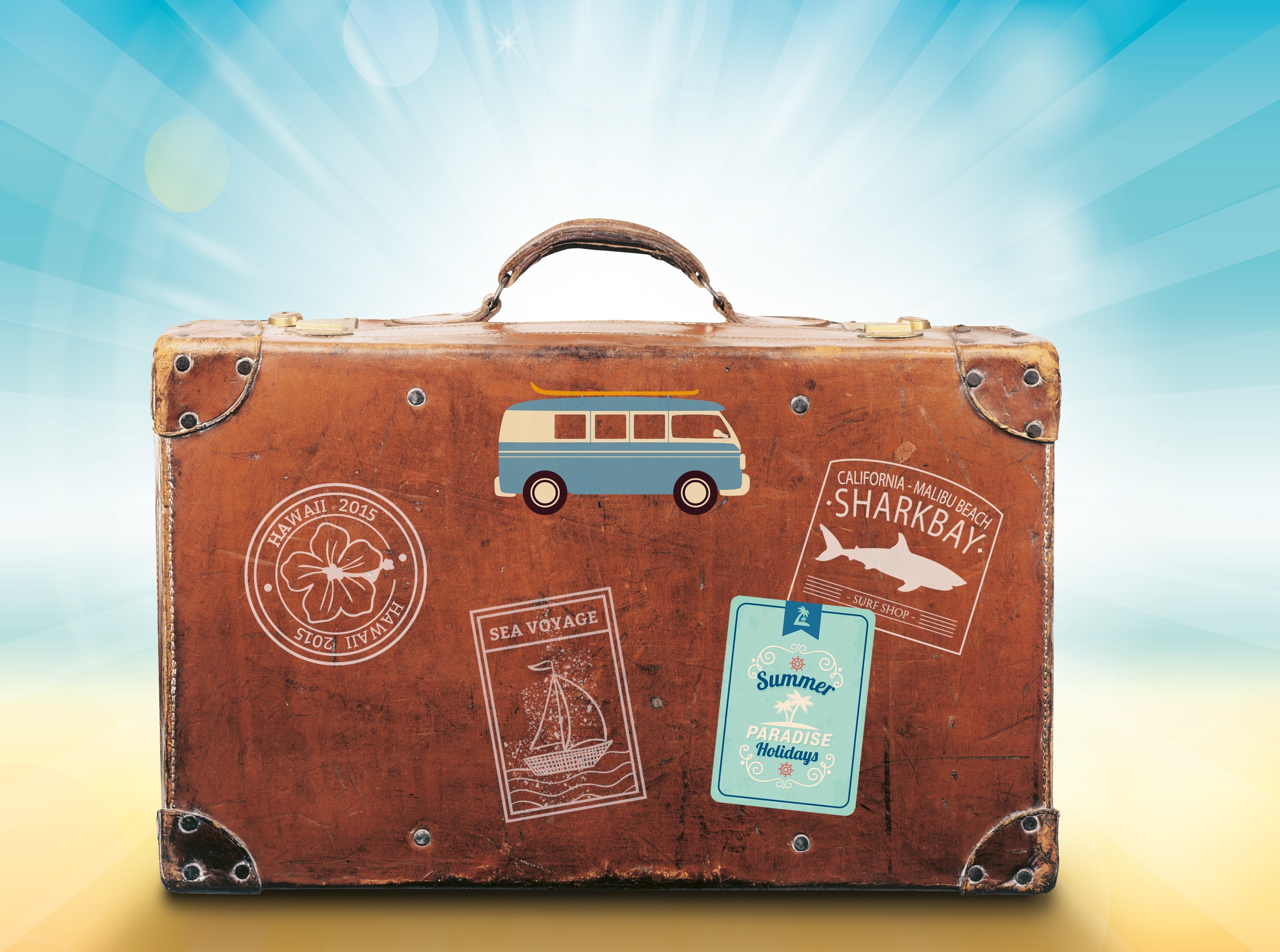
Common Mistakes: many travelers fail to declare items such as:
- Hand made crafts, such as wooden items
- Soil
- Plants used for homeopathic or medicinal purposes
- Fruits & vegetables.
“Travelers may not realize the hazards associated with food, plant and animal products. These products may carry invasive species and diseases and may cause risks to Canada’s food supply, economy, environment and our health.”
